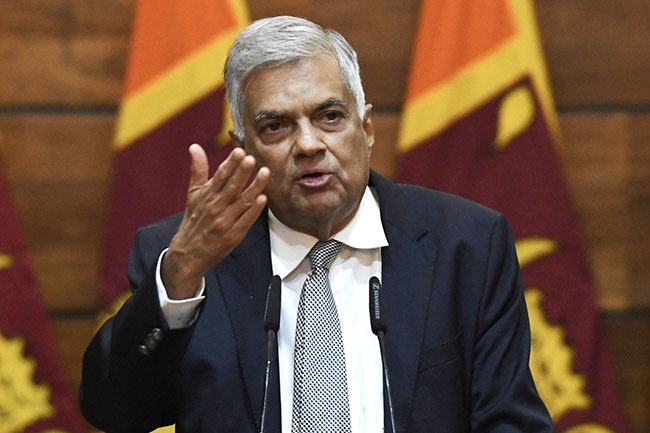Whose old now : Kamala Harris vs. Donald Trump

In the arena of political debates, few matchups promise as much drama and contrast as a face-off between Kamala Harris and Donald Trump. Their divergent political styles and perspectives set the stage for a heated exchange that captivates viewers and leaves lasting impressions. Kamala Harris, with her background as Vice President and former Attorney General of California, brings a reputation for sharp legal acumen and a focus on pressing issues like criminal justice reform, healthcare, and climate change. In contrast, Donald Trump, the former President, is known for his unconventional approach, populist rhetoric, and emphasis on economic nationalism and immigration.
A Clash of Styles
A debate between Harris and Trump would undoubtedly be a spectacle of contrasting approaches. Harris is expected to leverage her policy expertise and experience, meticulously addressing issues and proposing solutions. Trump, on the other hand, might shift the focus to attacking Harris’s record and positioning himself as a staunch critic of the current administration. Key topics such as the economy, foreign policy, and social justice would be central to their debate. Harris might detail her plans for economic reform, climate action, and healthcare improvements, while Trump could challenge her on these fronts and emphasize his own achievements and criticisms of the current administration.
Post-Debate Analysis
In the aftermath of their first, and potentially only, in-person debate, initial reactions and polls suggest a clear win for Harris. According to a CNN poll, viewers declared Harris the victor by a substantial 63-37 margin, and a YouGov poll showed her winning 43-28 among registered voters. Even Fox News commentators, traditionally more aligned with Trump, acknowledged Harris’s strong performance. Harris effectively rattled Trump, pushing him on various issues and demanding clarity on his past statements. Her confidence and composure were highlighted as key strengths, with critics noting that she seemed to surpass previous expectations. Tomeka M. Robinson, a professor of rhetoric and public advocacy, remarked that Harris not only won but did so convincingly. Robinson pointed out that Trump’s focus on divisive rhetoric rather than substantive policy discussions hurt his performance. “Trump needed to talk about his policy ideas more rather than leaning into the same dangerous rhetoric about immigrants and reproductive justice,” Robinson noted.
Trump’s Approach and Critique
Trump’s approach in the debate was characterized by a reliance on attacking Harris and revisiting familiar themes rather than presenting fresh policy ideas. Nick Beauchamp, a political science professor at Northeastern University, observed that while Trump had successfully adopted a calm demeanor in past debates, this time his performance faltered due to a lack of focus on issues. Despite the apparent critique, some commentators cautioned against a straightforward judgment of the debate’s outcome. Trump’s resilience to past blunders and controversial claims suggests that his impact might not be easily diminished by a single debate performance. Steven Fein, a psychology professor at Williams College, highlighted the difficulty in fairly evaluating debates when one candidate defies conventional expectations of truth-telling while the other adheres to more traditional standards of policy clarity.
Conclusion
The debate between Kamala Harris and Donald Trump was more than just a political contest; it was a clash of ideologies and styles that underscored the stark choices facing voters. Harris’s performance demonstrated her ability to engage confidently and challenge Trump effectively, while Trump’s reliance on familiar rhetoric rather than policy detail limited his impact. As the dust settles, the debate serves as a reminder of the complexity in evaluating political performances and the enduring significance of such high-stakes exchanges in shaping public opinion.







